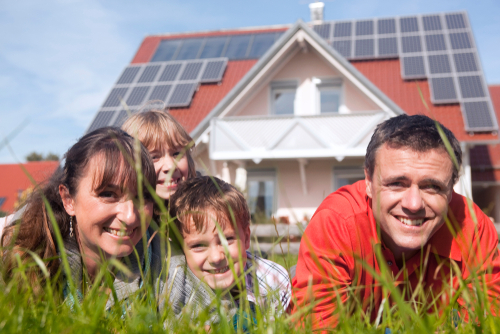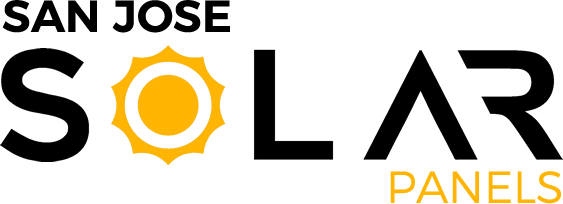Leasing vs. Buying
Solar energy is an inexpensive, free, and clean source of energy for residential and commercial use. Capturing solar energy through solar systems and using it in your daily life has numerous applications and advantages, especially in the long term. A clever way to implement and use this natural energy to provide much-needed energy at an affordable price is to place it on the roof of your home or office. People are more concerned than ever about using clean energy. Add to the mix the fact that generating your own solar power can take you offline and help you get rid of some or even all of your electricity bill, and it is the reason why so many people are interested in buying or leasing solar panels in these days. Should you buy or lease solar is a question that depends on the evaluation of your goals. That said, you’re wondering what you want to do with it. Do you only want to use the energy from renewable energies, or are you also trying to lower your federal tax liability? Before you can really make a decision about buying or leasing solar panels, there are a few things you need to consider.
Differences Between Buying and Leasing
One major difference is ownership. When you buy solar panels, either by cash or a solar loan, you become the sole owner, and you will use them for your li fetime.
fetime.
When you lease, whether through a solar power purchase agreement or solar lease programs, you don’t pay upfront costs for solar system installation, and in this case, the solar is owned by the solar company .they install and maintain it.
When you own solar, you are free to use solar energy at any time with no extra cost; when you opt for a lease, you have to pay a monthly lease fee to a solar company.
Why consider a lease?
There are many reasons why renting these panels might be a better option for you. For starters, many homeowners in San Jose California simply find that they can’t afford to buy solar panels. This is an attractive prospect, as many homeowners love to have solar panels but cannot afford to buy, install, and properly maintain the modules. However, for others, other concerns prevent them from making a purchase. Solar technology has evolved rapidly in recent years, and there is no doubt that there will be more improvements in the future. Because of this, many people rent their equipment from solar panel installers so that they are not tied to one type of module when technologies see huge improvements in the future.
Disadvantages
On the other hand, there are disadvantages and pitfalls in renting solar systems. First, it is very difficult to sell a house that has a solar panel lease. Most leases have a term of at least one decade. This means that the buyer should take over the lease for the remainder of the lease. Since most buyers do not want to enter into such an agreement, the homeowner should either break the agreement and pay a high price for it or lower the sale price of the house to attract a buyer.
– Solar leasing is usually a very long-term contract. This means that you owe a monthly fee to the supplier for 15 to 25 years
Why should you buy solar?
If you buy solar by cash, you will receive some benefits that would not be available to you if you were to lease. If you own them, you may qualify for a significant discount from your state-owned utility company. When you buy them, you can also get a generous tax refund from the government. In addition, renewable energy credits (also known as RECs) can be earned and then sold.
Solar energy not only reduces your costs by up to 30% but can also reduce your taxes. If you’re living in San Jose, the investment tax credit will help you reduce your taxes if the decision to buy and install a solar panel is yours. If you are thinking of using solar systems to become green for your business, you can present it as a depreciable asset, and you can deduct taxes. Buying it is also a great idea for people who are thinking of selling their homes in the near future and want to use solar panels at better prices.
As you browse products, consider installation costs, which can range from $ 15,000 to $ 30,000. However, discounts can significantly reduce costs. You will also need to take care of maintenance, which is rarely a burden on your finances. It is advisable to look for warranties and protection options when purchasing solar panels.
Disadvantages
-high upfront cost
-High installation cost
Is leasing better than buying?
In some cases, yes! If you do not want maintenance responsibility or try solar systems for the first time, you should opt for the leasing option. In this scenario, service providers check your solar modules and take care of their maintenance (if necessary). Leasing is fairly affordable, and if maintenance is not in the picture, you can assess the benefits of green energy with little or no liability other than monthly payments to the leasing provider.
Please note that leasing does not offer the benefits of tax credits. The chances of reducing your taxes with this choice are zero. In addition, the reduction in energy costs with leasing options would be comparatively lower than with the purchase. If you can save more than 30 percent of your energy costs by buying solar panels, you will not save more than 10 percent by leasing. However, at the end of the lease, you can upgrade the systems for better performance and savings.
Anyone looking to sell their home in the future should avoid leasing. However, for many people, the environmental benefits are worth the cost, and leasing can be a way to make it more affordable.
Whatever you choose, choosing solar energy will save you money and taxes as well. So first evaluate your requirements, talk to professionals, if necessary, and only then make a decision.
